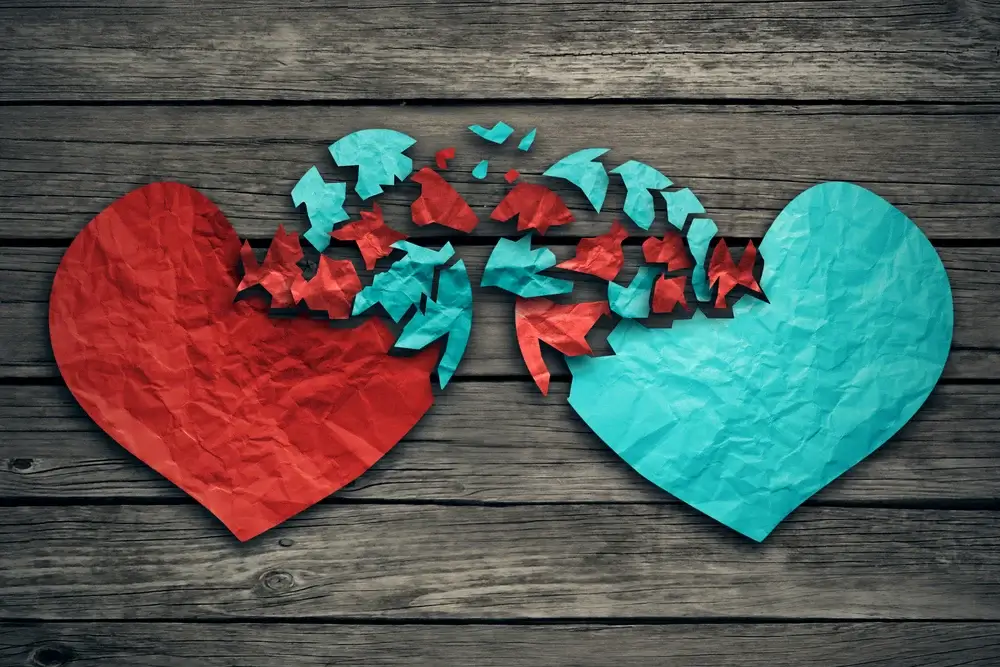Nov 14, 2012 8:32:19 AM
I wish I had a magic wand. My wand would be big, bold, and wildly colorful. And I would raise my hands high, weaving a pattern of connection and self-compassion over my eleven-year-old granddaughter. My magic would be of the most powerful variety. It would ensure that she would always have a voice in her head to remind her, “You were made special, with everything exactly as it should be. You are beautiful and wise, and no matter what lies others tell you from their own place of shame and fear…don’t you believe them!” My magic would help her feel her own heart beating strong in her chest, and she would always know who she is: truth, joy, music, laughter, stardust, and light.
My AZ started middle school this year, and a few weeks ago she shared how she is frequently dealing with school bullying. One instance involved someone throwing her backpack on the ground. I asked her, “What did you do?”
She said, “I picked it up.”
When I asked her if she felt afraid or angry, she said, “I’m used to it Grandma, I didn’t feel anything.”
We talked more that day, and what I discovered was that she felt alone and wondered if the reason she didn’t have many friends is that people thought she was weird. We cooked up a plan that would involve her writing in her journal every day about the five things she was grateful for about herself.
I looked up the statistics on bullying and I discovered that research suggested that somewhere between 15-30% of kids in the U.S. are bullied between 6th and 10th grade. These numbers make me incredibly sad to consider the sheer volume of children hurting each other emotionally and physically. And consider that this is not the only pain these children encounter, as many are also juggling whatever challenges they face in their family life. It makes me wonder how bullying and its impact transitions into adulthood. How do the scars from bullying move from the schoolyard into the workplace?
Last night after a family dinner, she brought me her journal. She asked if I wanted to pass it back and forth, each of us taking turns writing in it. I felt like I had been offered the rarest of gifts and was excited to get the black satin covered book back to my office where I could attack it with my colored sharpies, writing whatever magic I could conjure up.
But as I opened the little book, my heart moved up into my throat as I began to read some of her entries. There were many references to bullying, “Bullies suck,” and names of bullies and “life sucks without friends.” There were images of eyes overflowing with tears, glimpses of betrayal and rejection, and the words, “Help Me.”
I remembered my own difficulties at her age, being beaten up by a group of girls in the sixth grade, the glasses that forever sat lopsided on my face, the wavy and unruly hair that wouldn’t hang straight, the longing to feel like I belonged, and the never quite feeling that I fit in. It would take me well into adulthood to find some measure of self-acceptance. I sat looking at the first fresh page, waiting for my wisdom to guide me.
I began by scribing a list of all the qualities I love most about her. Next, some poetry that always reminds me to take care of myself, and finally a note reminding her to always remember how special she is. But as I close the journal it still feels like I have fallen short. I sit here feeling blue, and heavy with the weight of my beautiful blue-eyed girl’s pain.
Where is that damn magic wand anyway?
And then I lift my eyes and heart and pray for peace and that God would grant her the wish she wrote of in her journal, “I just wish life was a little easier.” Not too much to ask for, in my opinion. If you like this blog, I think you will like my book The Cycle of Transformation. Available now! Deb Siverson is a seasoned executive coach, certified as a PCC through the International Coach Federation. If you want to schedule time to discuss how you or your organization can increase engagement by having a different conversation at work, contact us now.






